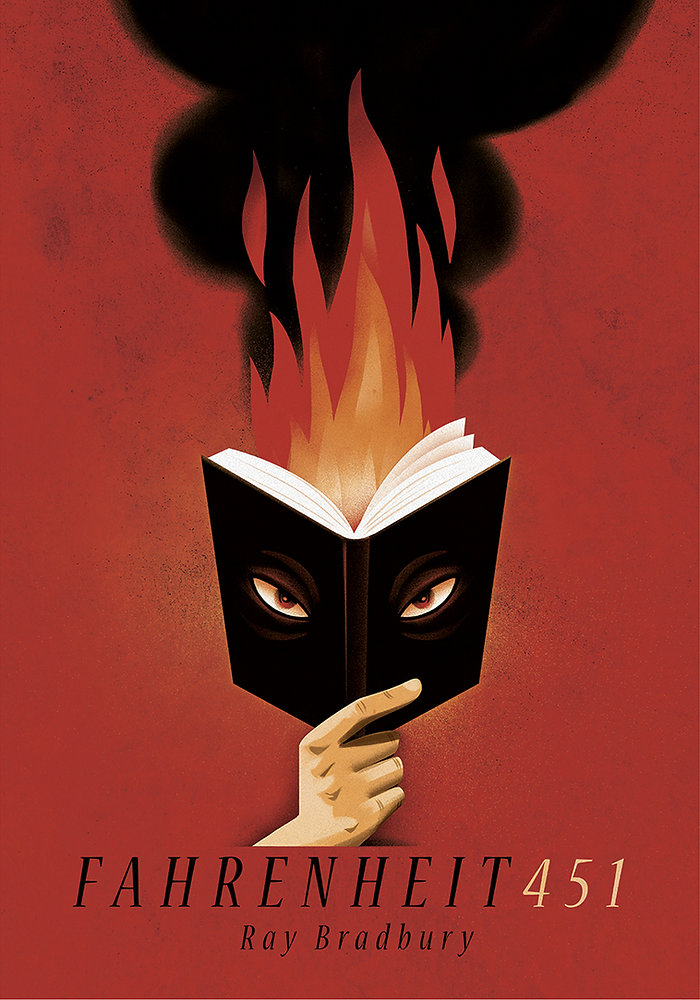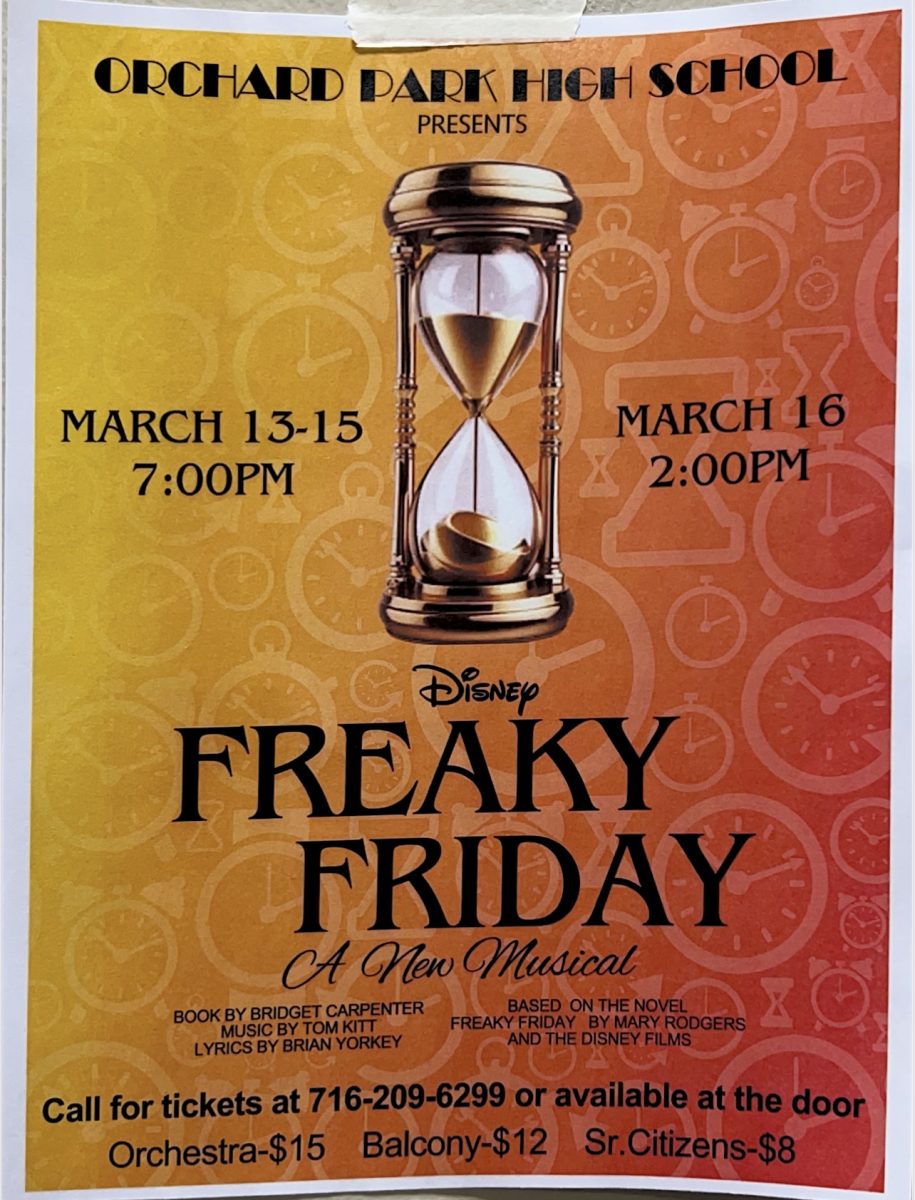“It’s our third marriage and we’re independent. Be independent, we always said. He said, if I get killed off, you just go right ahead and don’t cry, but get married again, and don’t think of me” (95).
Don’t think of me.
Don’t Think.
Ray Bradbury’s Fahrenheit 451 is undoubtedly an American classic. It revolves around a not-so-distant dystopian future of a world that burns books via “firemen,” as firefighters have become redundant, and houses have been fireproofed.
Within this bizarre world, Guy Montag works as a fireman (and has for 10 years) when he meets a girl, Clarisse, who walks in the rain, smells leaves, and knits sweaters, among other miscellaneous activities. Consequently, this girl intrigued Guy, as the average person would rather go home to observe the parlor with its vibrant colors and blaring music; she instead took a less, instantly gratifying approach to life, bringing Guy down the rabbit hole of “thinking” instead of going through his life half asleep. Being pulled into the pursuit of truth and rejection of thoughtless entertainment, Guy begins questioning the society he is a part of until the point of no return.
Similar to author George Orwell, Bradbury makes alarming comparisons of a hope-deprived world to our own, only becoming a more realistic and unfortunate reality as time goes on. One example of this is the parlors described in the novel, as many families have huge TV screens showing fireworks and vibrant colors devoid of value, made for mindless entertainment that they are glued to during all of their free time. This is eerily similar to the iPhone most everybody has, as social media (TikTok especially) have turned from useful pools of information to locust flowers that prey upon users, using up every precious minute of their time with constant stimulation with no real substance whatsoever. Both forms of instantaneous gratification have addicts clinging to them.
Another interesting point of discussion (on the topic of thoughtlessness) brought up in Fahrenheit 451 is political polarization based on nothing of value. This is displayed as the characters discuss politics and the landslide victory of “President Noble,” a tall handsome man, vs “Herbert Huag,” a short man caught picking his nose. This seemingly ridiculous way of viewing presidential candidates has somehow crept into our own views, as I personally have heard more than once that “Kamala has a nasal voice that I can’t stand to listen to for 5 minutes,” or “Trump is orange with all his makeup”–and many more opinions associated with looks or personality that are much too crude to say here. Moreover, sound bites, pictures, looks, and personalities are always the basis for go-to attacks on politicians instead of their proposed policies or their political acumen. This all culminates in a slagging society that will not withstand international pressures, as populist candidates take leadership roles, leaving qualified contenders on the sidelines.
Fahrenheit 451 illustrates the modern equivalent of the Dark Ages, as society leans towards thoughtlessness with logic being persecuted in our society (if not politically correct or whatnot). This is shown throughout the story with many other interesting themes that perfectly reflect the reality we are moving towards. With this in mind, I recommend reading Fahrenheit 451.
Thank you for reading my somewhat coherent rant on Fahrenheit 451; if you liked my review (or didn’t), be sure to read the book, vote on which book I should read next, and read the other articles our fantastic writers and editors have published.






